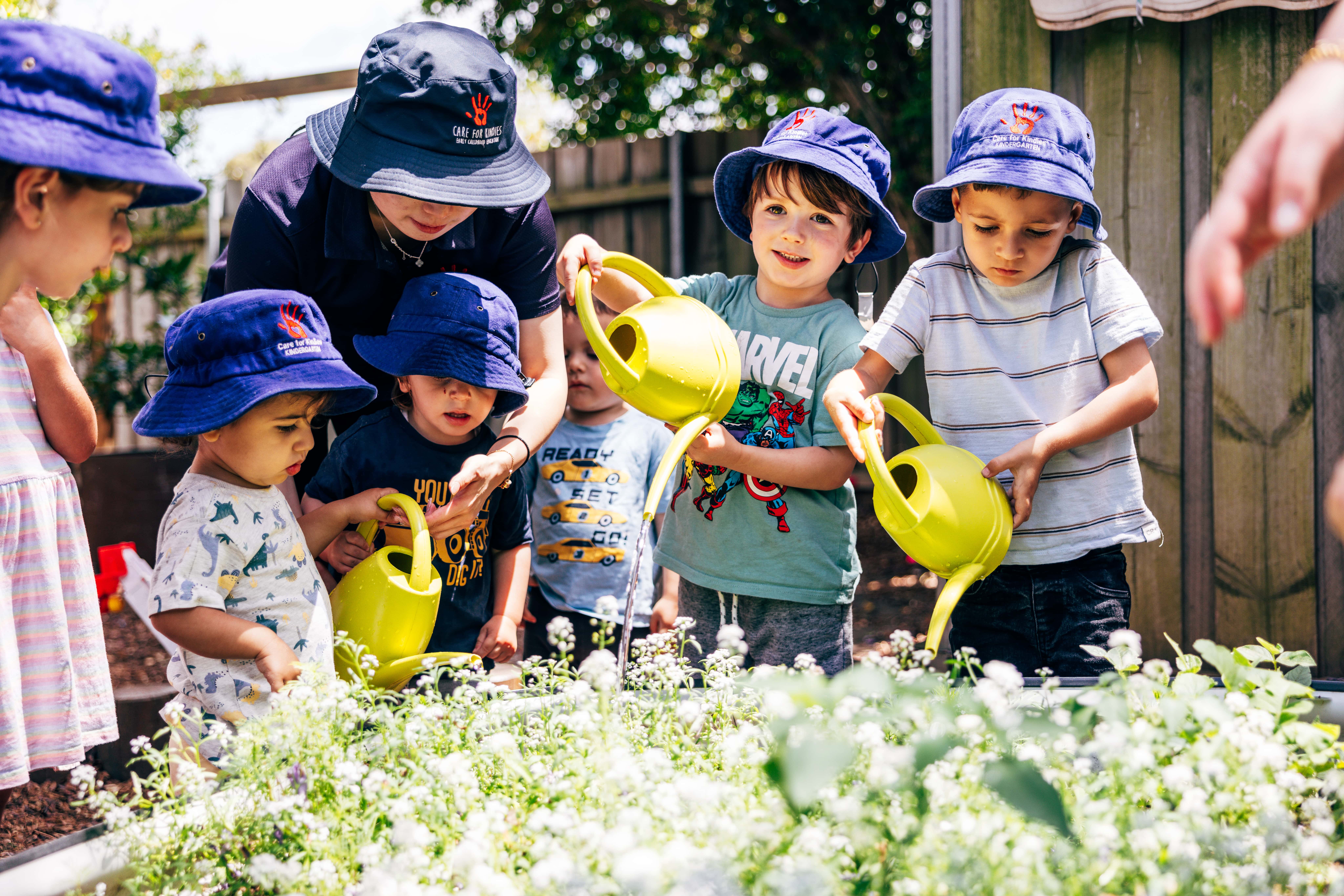
The Project Approach is a teaching method that encourages children to explore a topic of interest in depth, often over days or even weeks. It’s not a one-off activity — it’s a sustained investigation driven by children’s questions, observations and ideas.
Projects often start with something simple: a child notices a snail in the garden, asks about how bridges work, or wonders where eggs come from. Educators then guide the group in exploring that topic together through a mix of discussion, hands-on activities, real-world experiences, and creative expression.
The Project Approach supports children’s learning in meaningful and lasting ways:
Children are natural investigators. When they’re given the chance to follow their interests, they become more engaged, motivated and focused. The Project Approach empowers them to ask questions, make discoveries and build knowledge through exploration.
Projects encourage critical thinking, problem-solving and decision-making. Rather than memorising facts, children learn to observe, research, make connections and draw conclusions.
A single project can support language and literacy (through storytelling and journaling), maths (by measuring or graphing results), science (by experimenting and observing), and the arts (through drawing, building, or dramatic play). It’s a rich, integrated way to learn.
The Project Approach is child-centred. Educators act as guides and co-learners rather than instructors. Children’s ideas and questions shape the direction of the project, making learning more relevant and meaningful to them.
Projects often involve working in groups — sharing ideas, listening to each other, negotiating roles, and working toward a common goal. These are important social skills that help build empathy, confidence and cooperation.
You might see a group of children building a “bee hotel” as part of a World Bee Day project, learning how pollination works through STEAM flower play, or documenting the life cycle of a chick during an egg-hatching experience. These aren’t isolated activities — they’re part of a deeper investigation that encourages curiosity and fosters real understanding.
Educators carefully observe, document and support children throughout each project. They provide materials, ask open-ended questions, and help extend the learning in thoughtful ways.
The Project Approach allows us to nurture lifelong learners — children who are confident, curious, and capable of thinking deeply about the world around them. It reflects our belief that learning should be active, meaningful, and led by the child.
At Care for Kindies, we’re proud to support children’s learning journeys through purposeful projects that spark joy, wonder and discovery every day.


